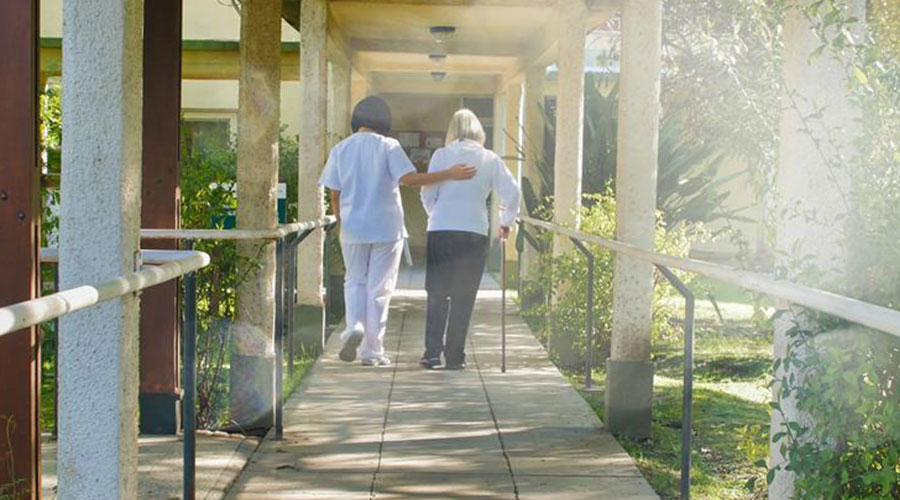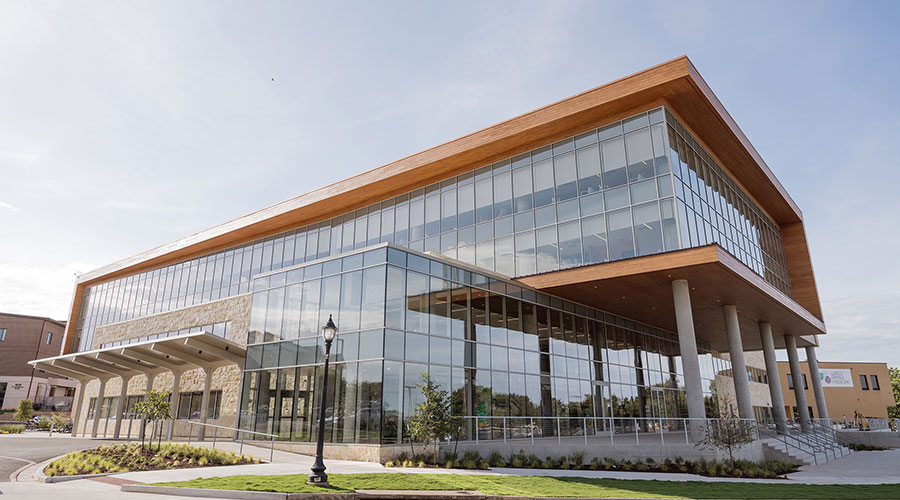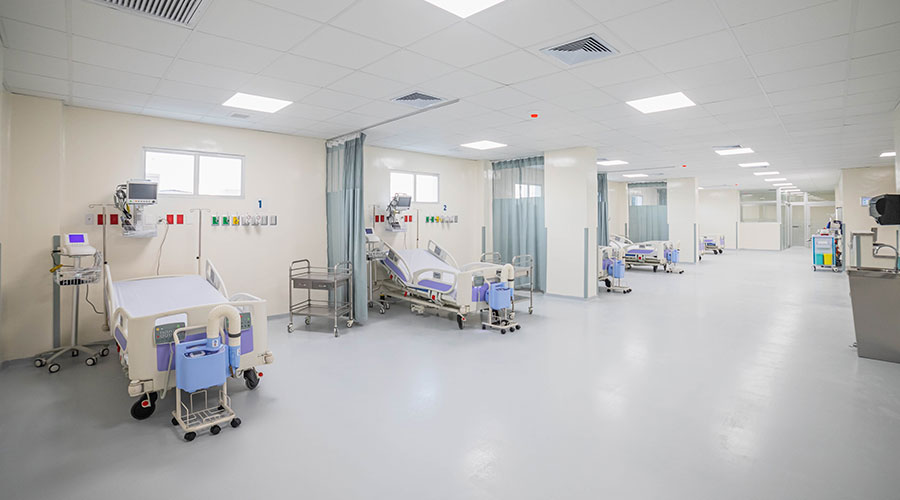Violence enters our workplaces every day. If you are not prepared, your facility is at risk. One of the most proactive measures a healthcare facility can take is to coordinate with community partners to ensure a robust and effective workplace violence prevention plan.
Your security team must be an integral and involved part of your emergency response planning process. A quality provider with experience in the industry will be familiar with best practices and standards that will enhance your plan and create a safe environment for your patients and staff. Security can assist with risk assessments, training, staffing, developing policies and procedures and coordinating drills. Other partners on the committee should include:
• Police, fire and EMS – It’s important to develop relationships with these groups and include them in your planning. Sometimes there are multiple jurisdictions, e.g., local, metro, university police, and sheriff’s offices, and all should be included.
• Community hospitals and healthcare facilities – It is a best practice to work with other hospitals, clinics, and urgent care facilities to develop alternate care sites. For example, if your ER is shut down during an active shooter incident, there must be a plan for where to divert patients.
• Other facilities owned by your healthcare system – Coordinate with other facilities in your network. For example, if their evacuation plan is to send 30 of their residents to your hospital, it’s important to ensure you have the resources to accommodate them.
After you’ve established the emergency response planning committee with the right people, monthly meetings are recommended, but at the very least, meetings should be held quarterly. The Joint Commission requires two drills per year at a minimum; it is important to follow Homeland Security Exercise and Evaluation Program (HSEEP) when developing drills. Additionally, the plan should remain a living document and committee members should share updates on construction projects, patient volume, violent incidents, etc.
A proactive, cooperative relationship with the appropriate organizations in your community will help prevent workplace violence, ensure that your hospital is prepared should the unthinkable occur and have the right emergency response measures in place to meet regulatory standards.
Bukowski is the vice president of healthcare, AlliedBarton Security Services.

 Designing Hospitals for Wellness
Designing Hospitals for Wellness Baptist Health Announces New Cancer Care Center in Key West
Baptist Health Announces New Cancer Care Center in Key West Waco Family Medicine Achieves Savings and Bold Design with Wood Selections
Waco Family Medicine Achieves Savings and Bold Design with Wood Selections Alleged Ransomware Administrator Extradited from South Korea
Alleged Ransomware Administrator Extradited from South Korea Design Plans Unveiled for New Intermountain St. Vincent Regional Hospital
Design Plans Unveiled for New Intermountain St. Vincent Regional Hospital